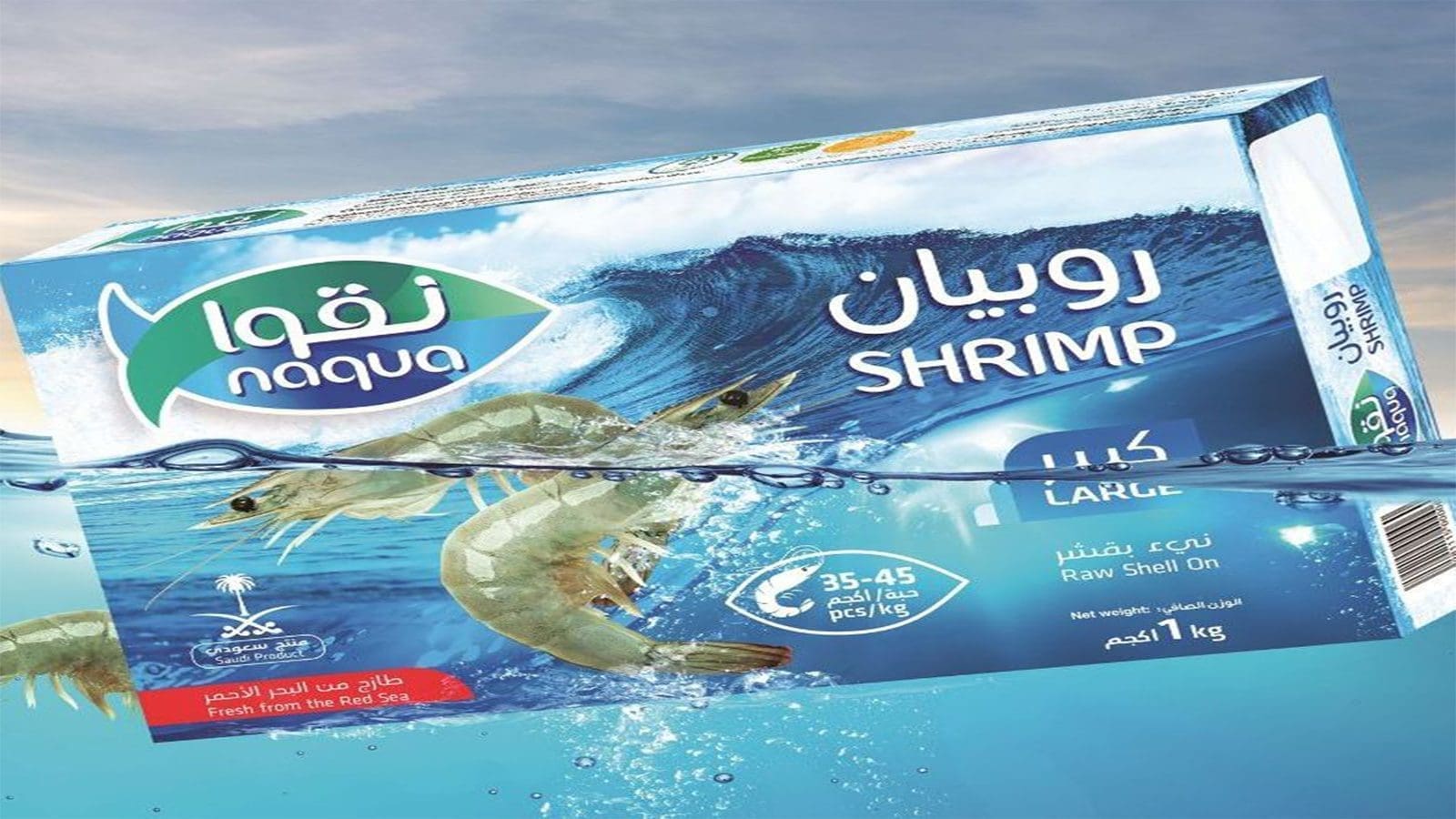KENYA – The County Government of Nakuru has asked the populace to abstain from consuming meat that has not been examined by health officials, saying that this included situations in which stray wild animals like buffalo or hippo were slain and distributed to the general public.
County Chief Officer for Public Health Ms. Alice Abuki advised residents to consult a veterinary authority when for instance a cow dies to confirm the cause of death.
She also mentioned that some diseases are referred to as “notifiable diseases,” meaning they have an impact on public health or the economy.
Ms. Abuki pointed out that through working with veterinarians, the government is able to identify the diseases that are occurring and develop a plan to combat them.
“It helps in managing impending disease outbreaks and the government can now decide to roll out vaccination programmes against such diseases like anthrax,” she observed.
The Chief Officer stated that inspected meat has an official rubber stamp adding that uninspected meat is extremely dangerous owing to zoonotic diseases like anthrax, rabies, and East Coast Fever (ECF).
In Tirgoi hamlet in Kuresoi South, Nakuru County, two weeks ago, a seven-year-old kid passed away after consuming soup made from a diseased cow’s carcass, and 40 other people who had consumed the meat became unwell.
In an interview with Kenya News Agency, Ms. Abuki cautioned residents to be careful as animals can sometimes appear healthy even when they are carrying germs that can make people sick, depending on the zoonotic disease.
She counseled consumers to avoid buying meat from butchers and shops that use dangerous and unlawful preservatives.
“More than six out of every ten known infectious diseases in people can be spread from animals, and three out of every four new or emerging infectious diseases in people come from animals.
“Zoonotic diseases represent a major public health problem around the world due to our close relationship with animals in agriculture, as companions, and in the natural environment,” she added.
The county’s Chief Officer said that precautions were in place to guarantee that all meat sold for human consumption in the county was properly slaughtered at certified slaughterhouses, inspected, stamped, and transported under the supervision of the inspecting officers.
Before being slaughtered, the animals intended for slaughter are subjected to ante-mortem inspection at the slaughterhouses, and then they are subjected to post-mortem inspection after being slaughtered.
“Sodium metabisulphite should only be in processed food and in small quantities. Its presence in fresh meat means someone is using it to prolong shelf life, without knowing the correct quantities to apply.”
Ms. Alice Abuki, Nakuru County Chief Officer for Public Health
Tweet
“A certificate is then issued to give authority to transport the meat from slaughterhouses. Further, items used to carry the meat for transportation are also licensed,” explained Ms. Abuki.
Unauthorized use of formalin and sulphites as meat preservatives
Despite the assurance that the devolved unit has taken steps to ensure unsafe food is no longer offered for sale in supermarkets and other establishments, consumers are still advised to demand proof of inspection.
According to Ms. Abuki, anyone caught selling unwholesome, lethal, or contaminated food will face legal action, their names made public, and their licenses revoked upon conviction.
She said that the approved and accepted practices for preserving meat included salting, deep-freezing, and smoking, all of which are risk-free.
There have also been claims that the meat business has been pervaded with a number of undeclared and unregulated preservatives, including formalin and a number of sulphites.
Unscrupulous butchers have been using sodium metabisulphite, a whitish, powdery compound that resembles glucose.
The salts are used more frequently during “slow” months like January when there is less demand for meat.
Last year, meat samples from supermarkets and butcheries in Nakuru and the surrounding areas were independently sent to the laboratory for testing tests, and the results showed the presence of the preservative.
Scientists consider sodium metabisulphite as one of the chemicals responsible for cancer. However, food experts note that sulphites are typically safe if used within recommended limits.
Nonetheless, they can have unfavorable side effects in some people, including nasal congestion, itchy throat, runny nose, skin rash, and hives. In 1986, the US outlawed their usage as preservatives.
Ms. Abuki added that heat has no effect on the sodium metabisulphite, which should not be present at all in fresh food.
“Sodium metabisulphite should only be in processed food and in small quantities. Its presence in fresh meat means someone is using it to prolong shelf life, without knowing the correct quantities to apply. This could be particularly dangerous for those allergic to Sulphur as it could give them skin eruptions or send them into anaphylactic shock,” she said.
For all the latest food safety news from Africa and the World, subscribe to our NEWSLETTER, follow us on Twitter and LinkedIn, like us on Facebook and subscribe to our YouTube channel.








